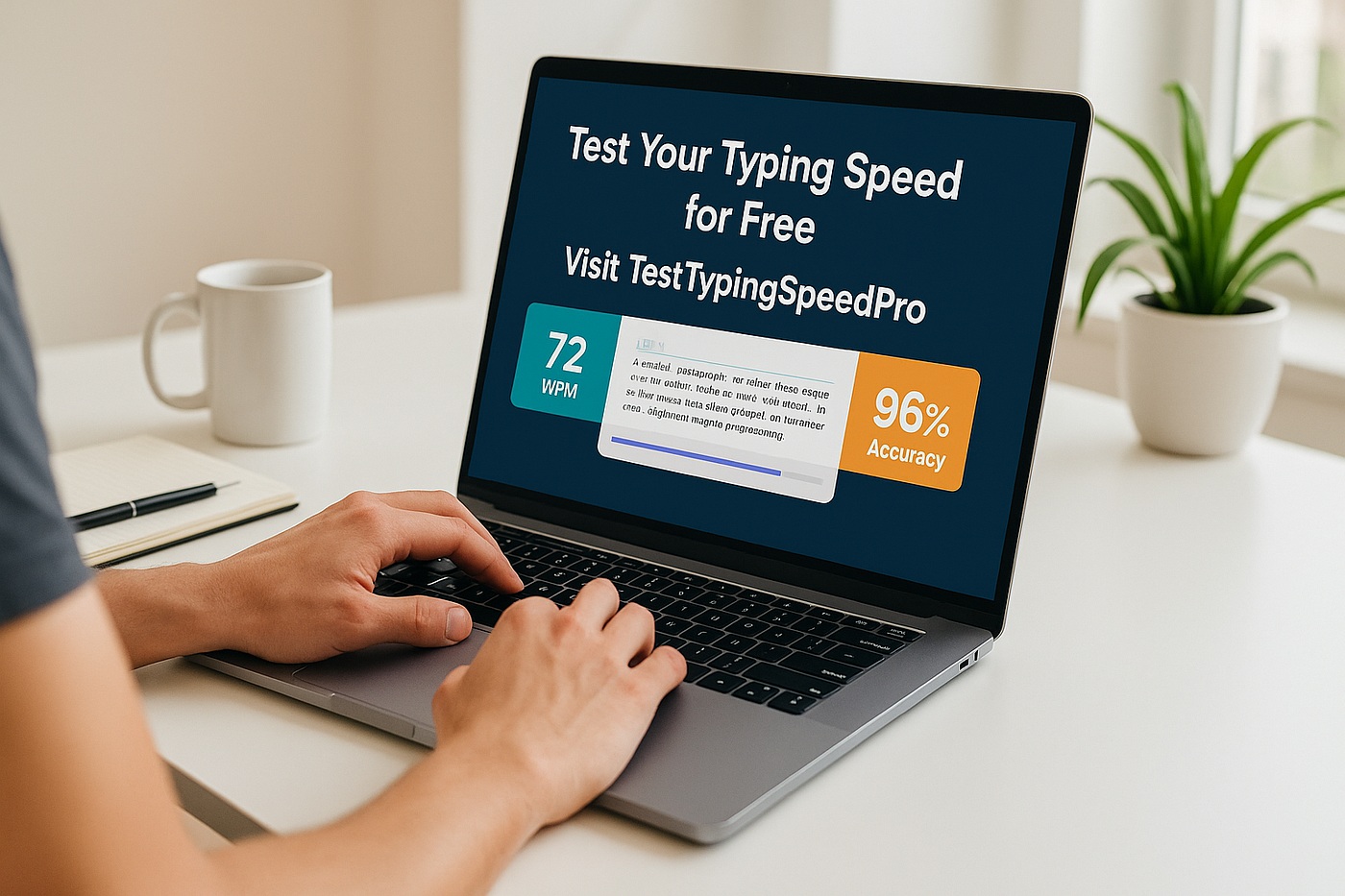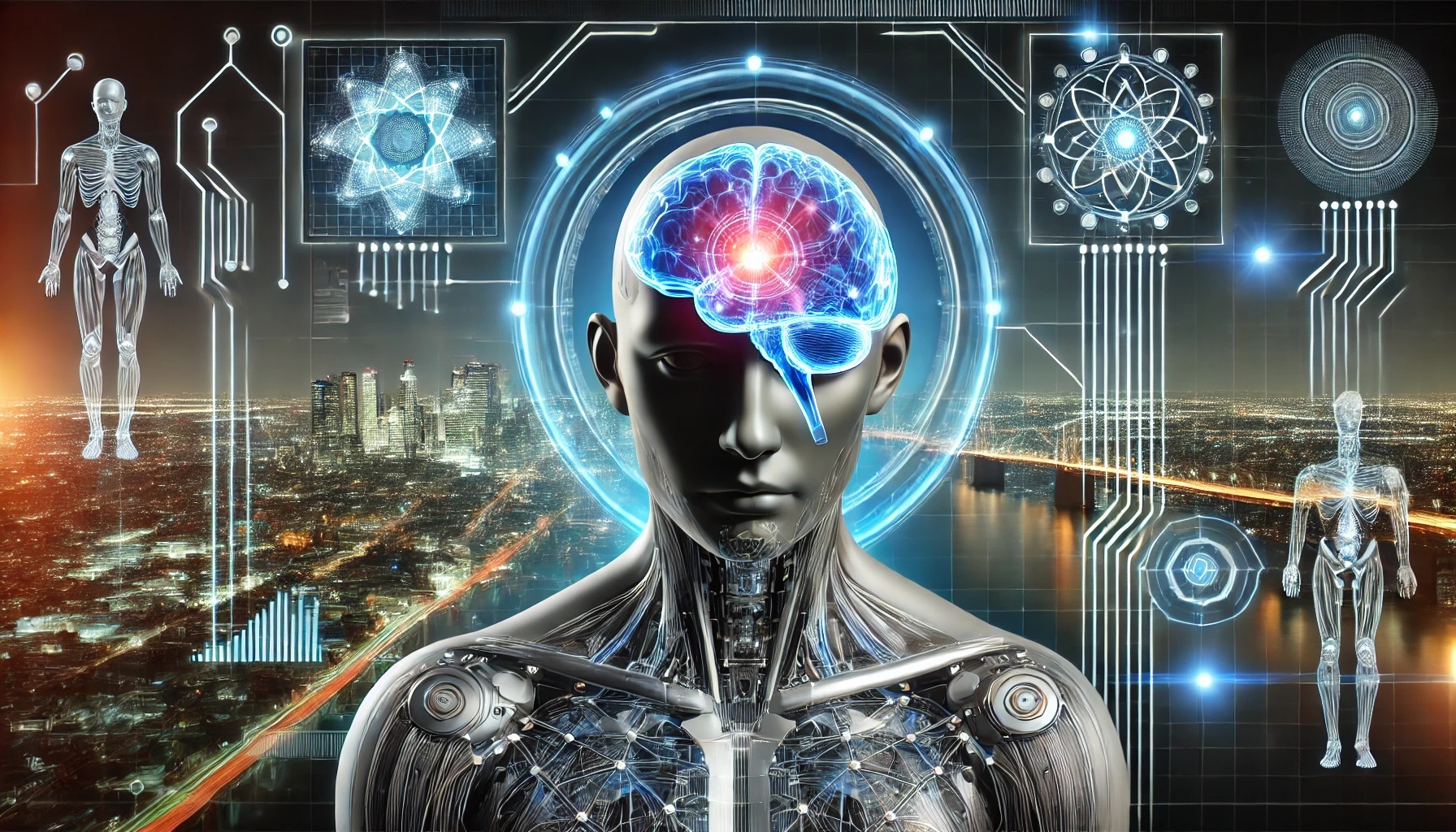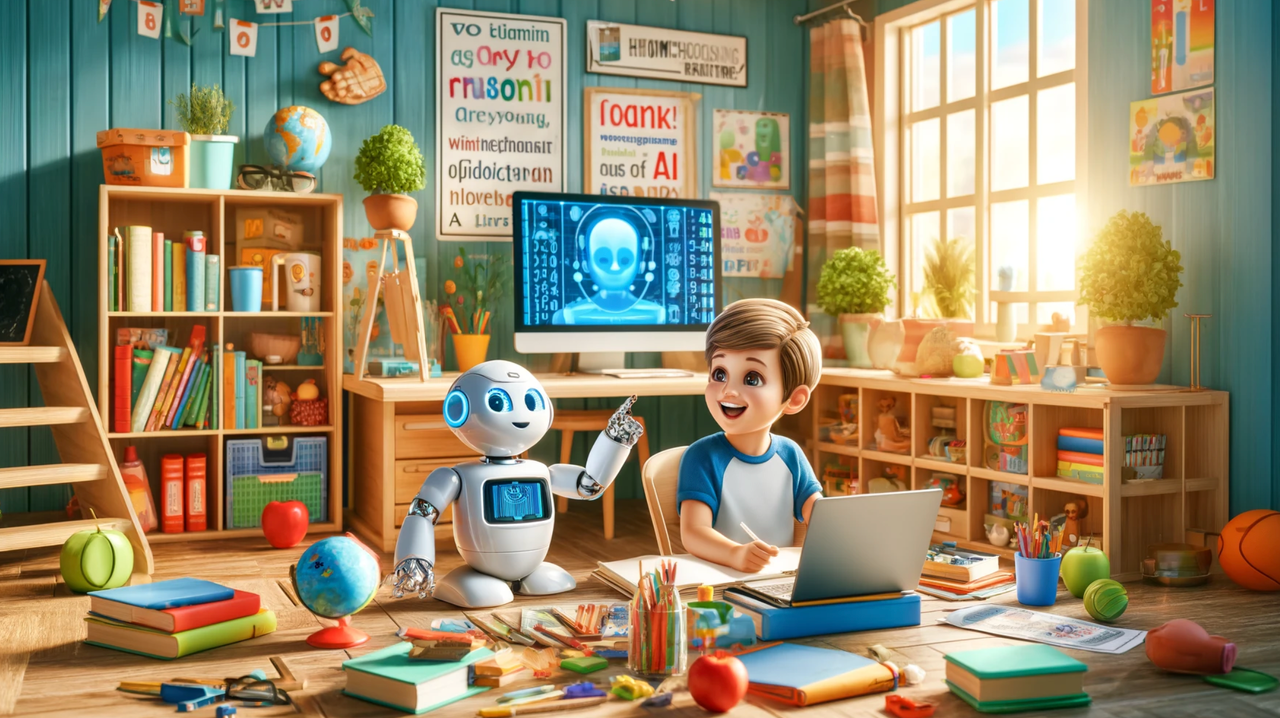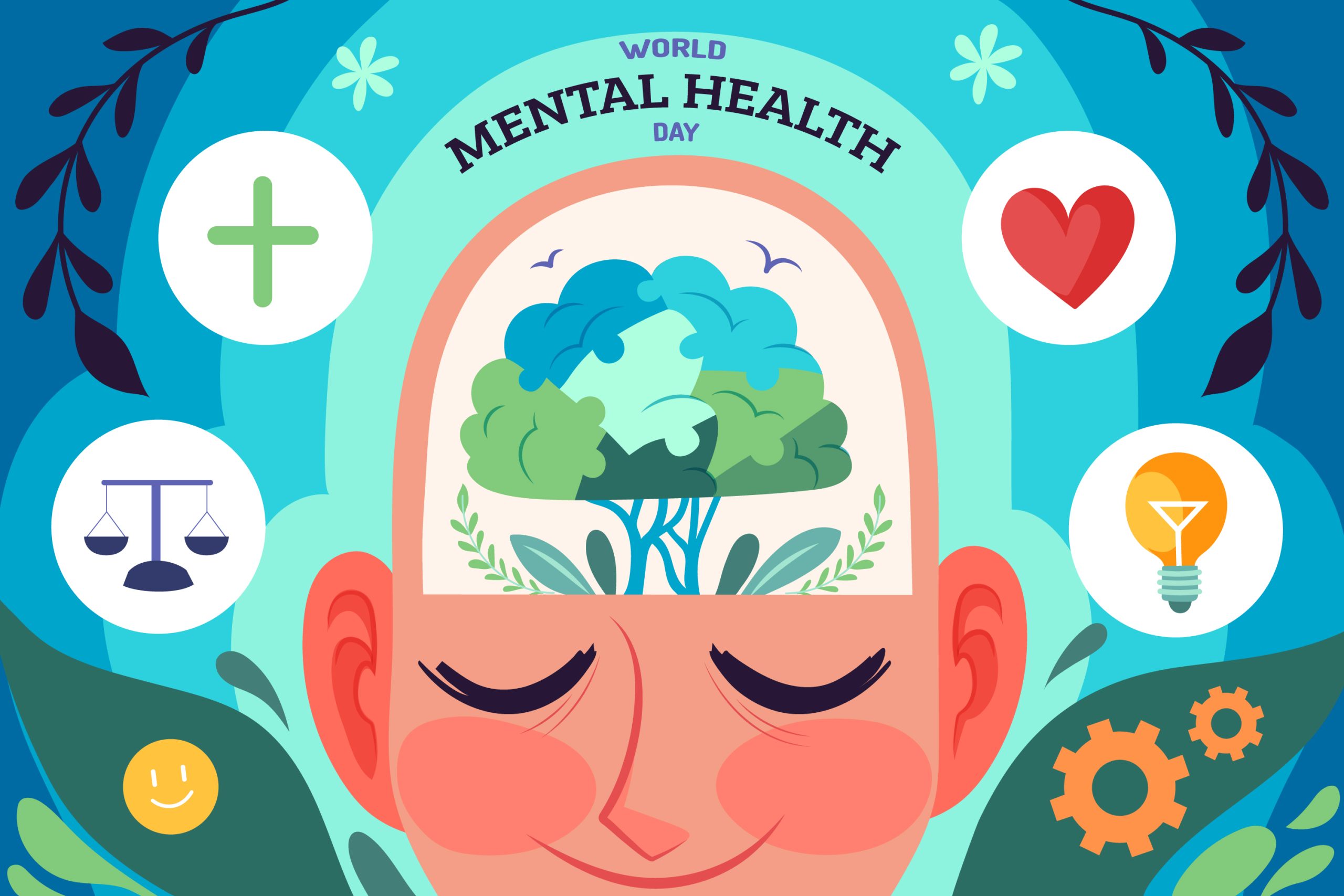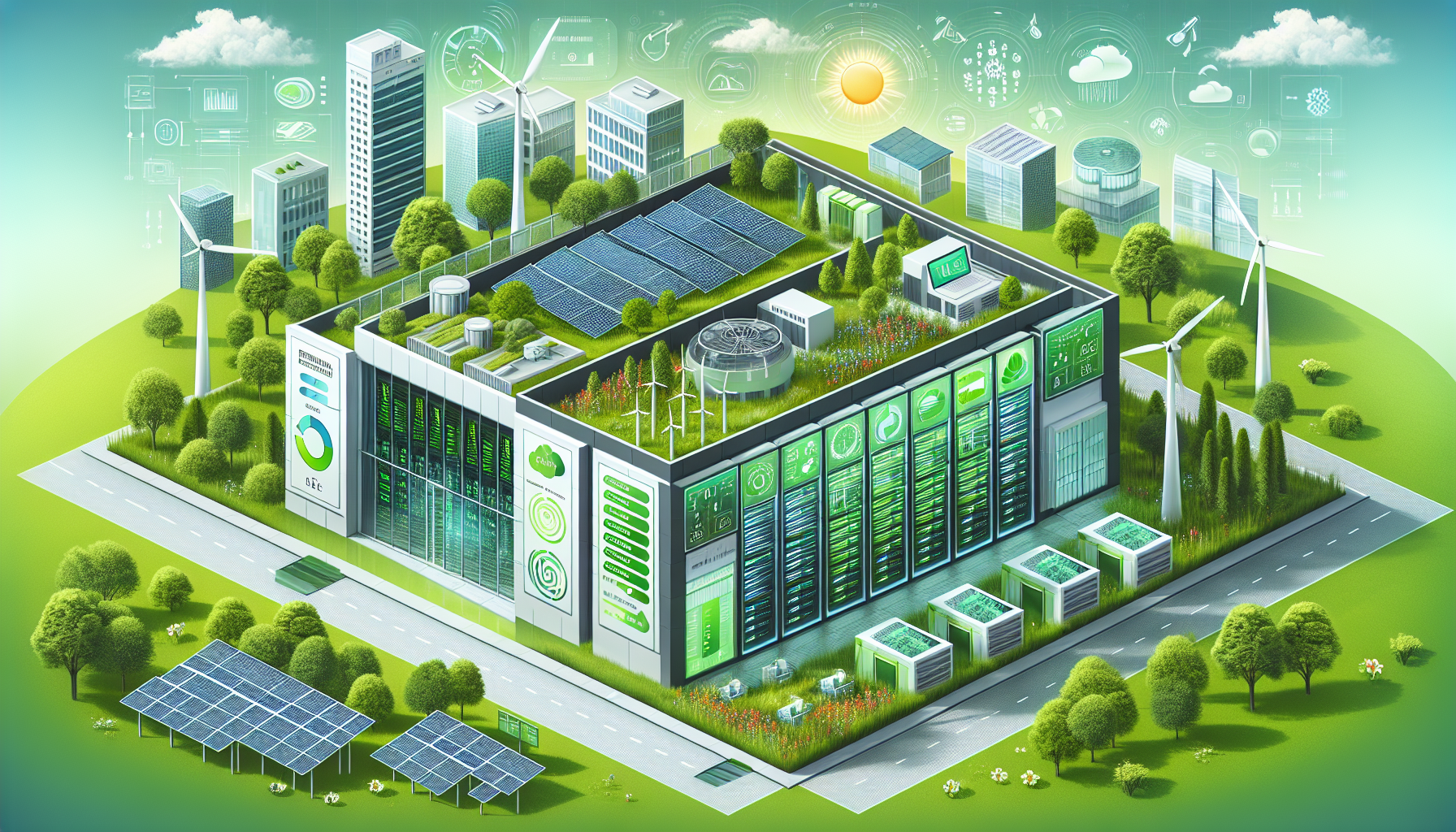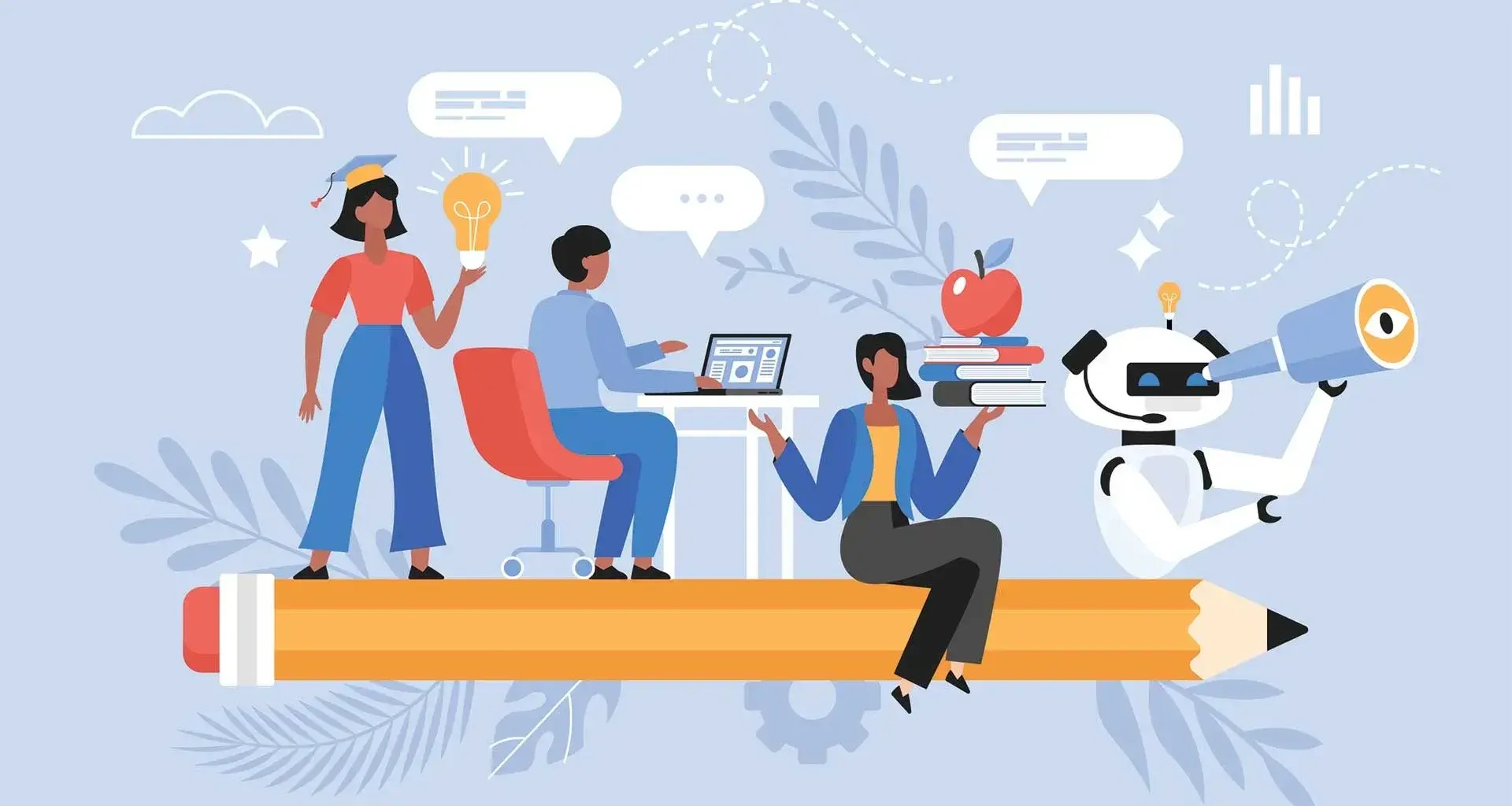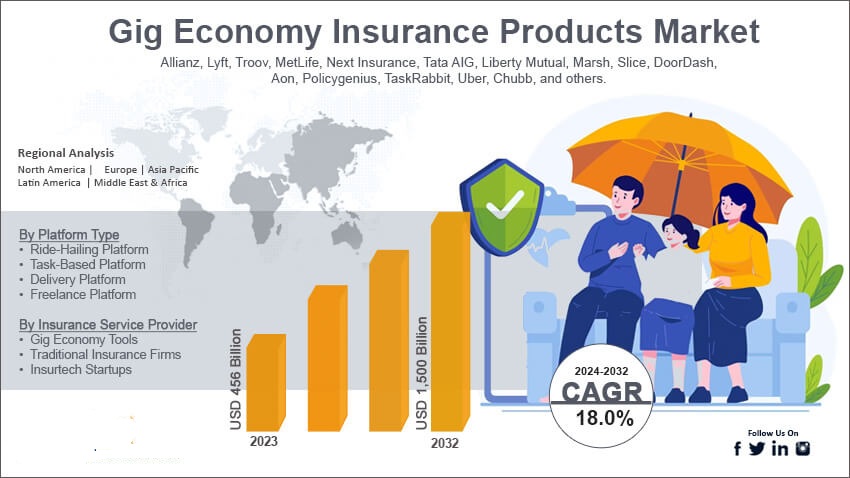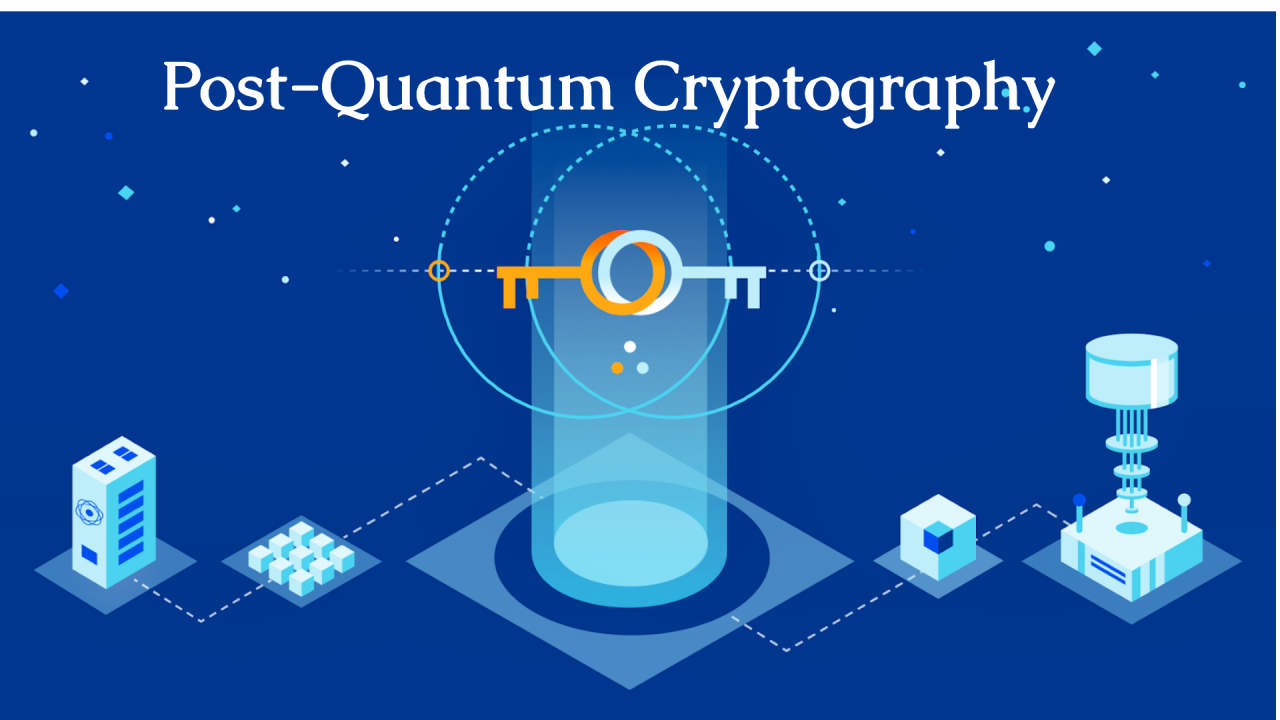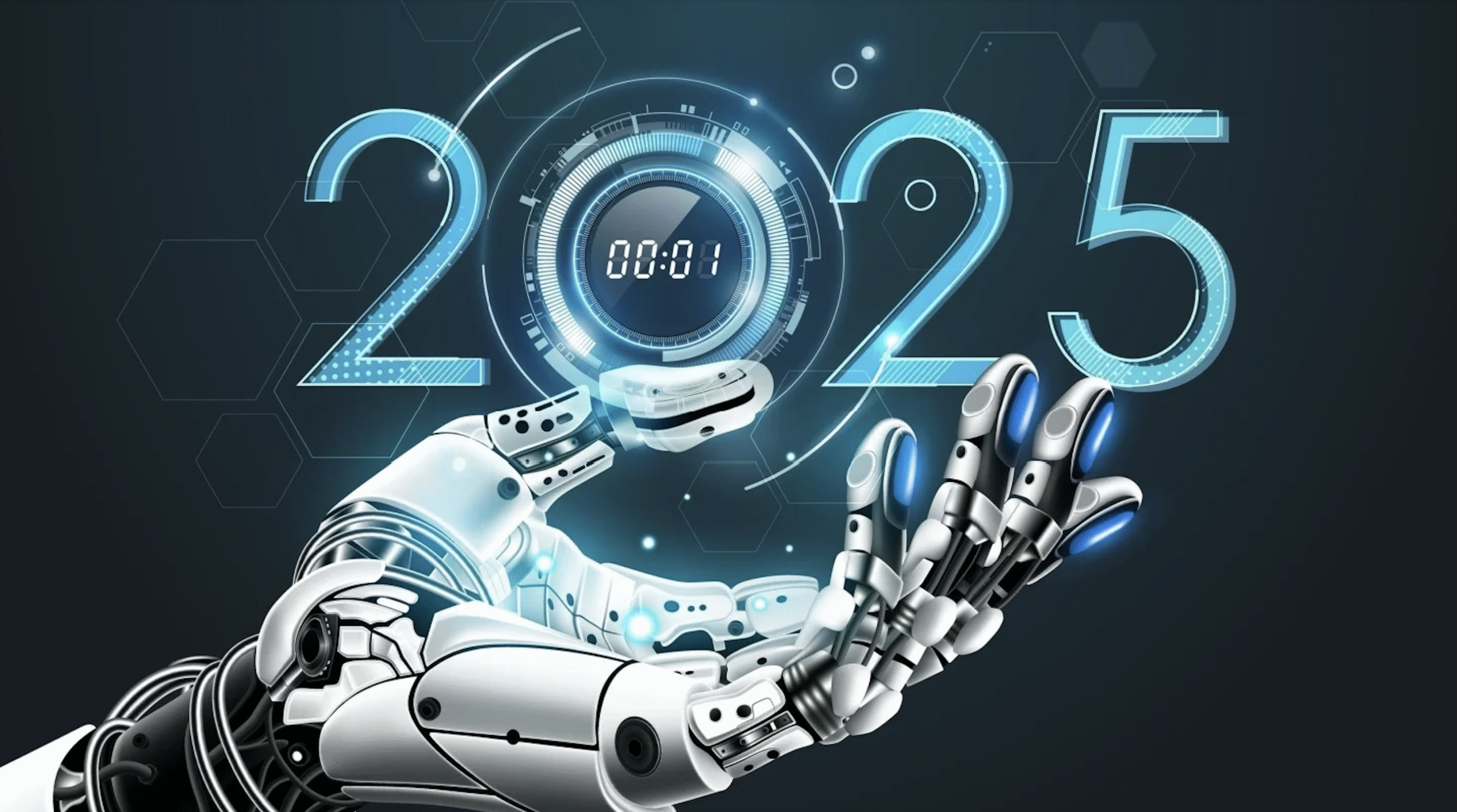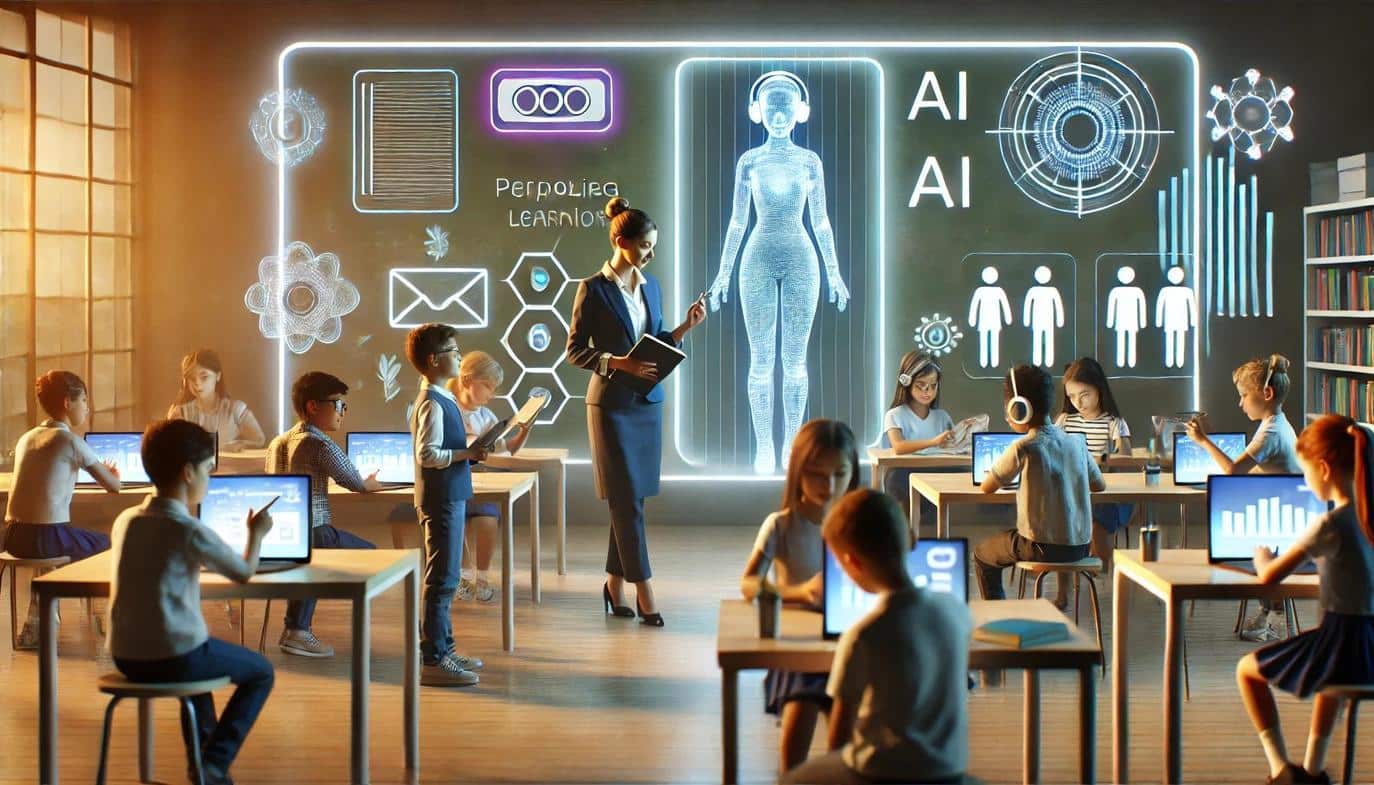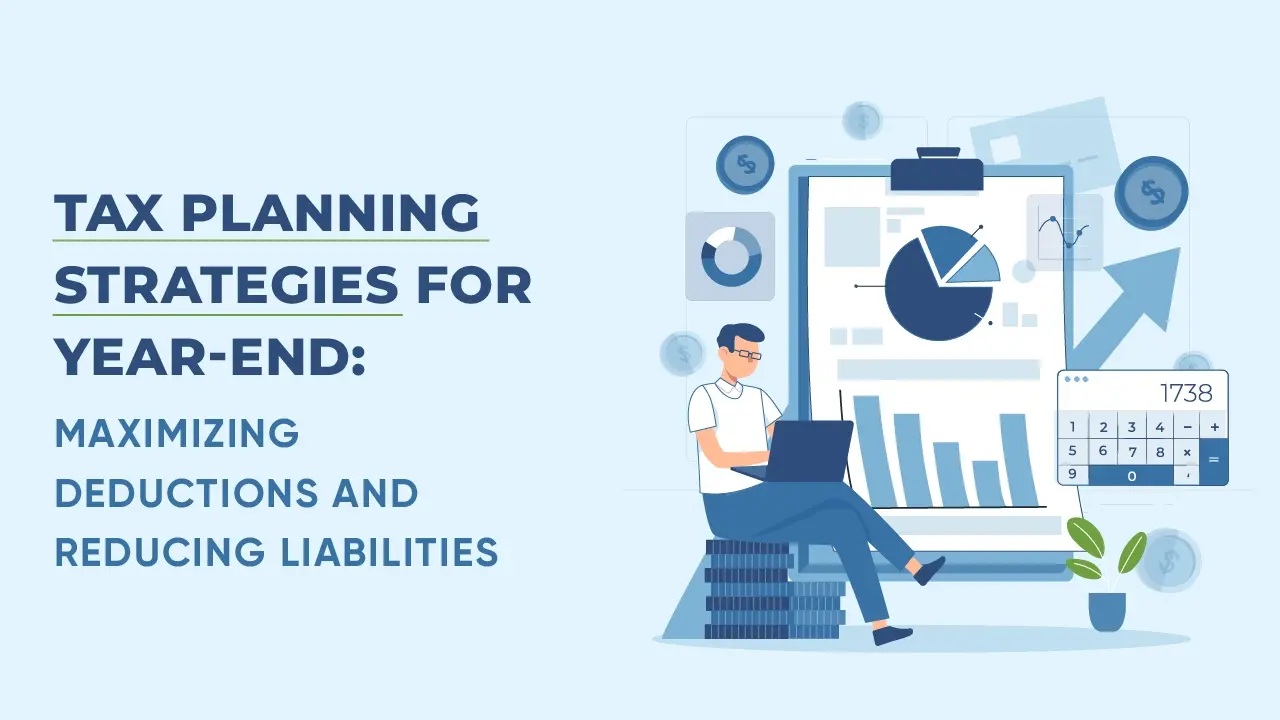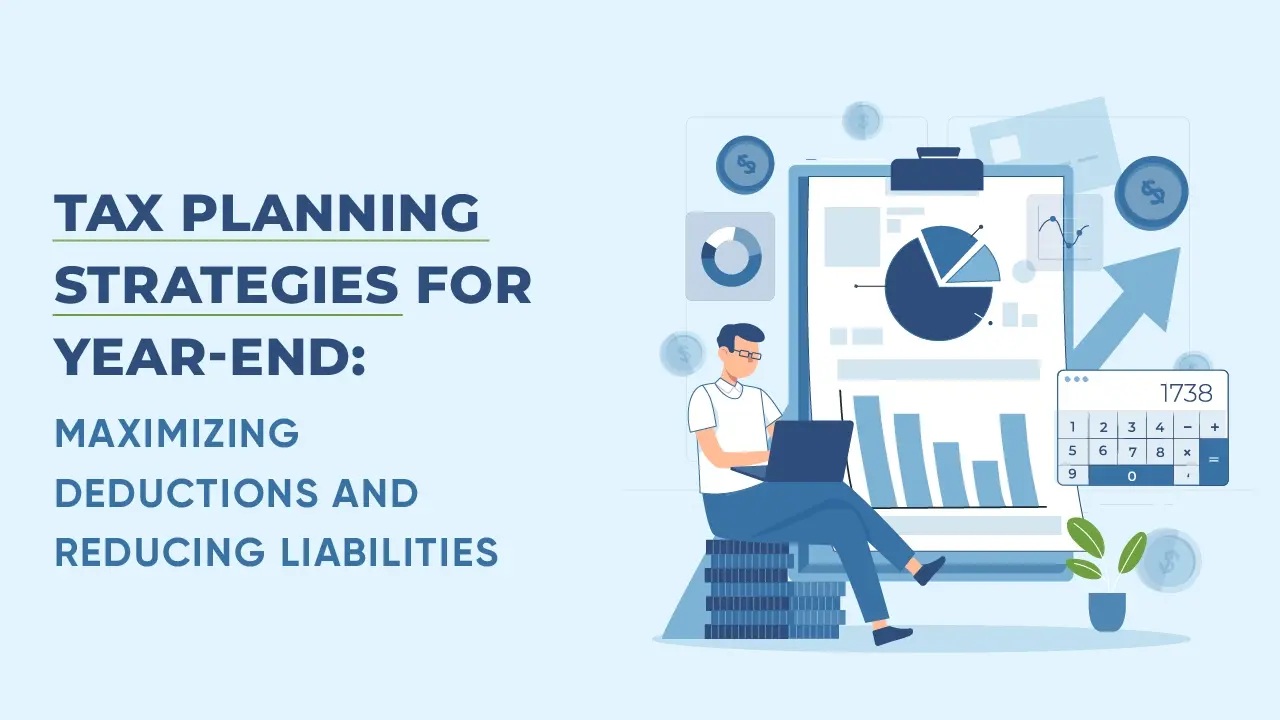The Rise of AI in Education
Artificial Intelligence (AI) is revolutionizing every aspect of our lives, and education is no exception. By 2025, AI is set to dramatically reshape the way students learn, teachers instruct, and educational institutions operate. From personalized learning pathways to intelligent tutoring systems, AI technologies are enhancing accessibility, engagement, and outcomes on a global scale.
This article explores the current state and future trends of AI in education in 2025, its benefits and challenges, and how stakeholders can harness its potential to create more effective and inclusive learning environments.
What Is AI in Education?
AI in education refers to the application of artificial intelligence technologies to enhance teaching, learning, administration, and assessment. These technologies include:
- Machine learning algorithms that adapt to student performance
- Natural language processing (NLP) for chatbots and language learning
- Computer vision for proctoring and engagement analysis
- Data analytics for personalized feedback and curriculum optimization
The Current Landscape of AI in Education
Global Adoption Trends
Educational institutions worldwide are increasingly adopting AI-powered tools. From K-12 schools to universities and corporate training, AI is used for:
- Personalized learning platforms
- Automated grading and feedback
- Virtual tutors and assistants
- Predictive analytics to identify at-risk students
Market Size
The global AI in education market was valued at around $1.1 billion in 2020 and is expected to exceed $25 billion by 2025, growing at a CAGR over 45%.
Key AI Technologies Shaping Education in 2025
1. Personalized Learning
AI systems analyze student data such as learning speed, preferences, and performance to tailor content and activities that suit individual needs, enabling differentiated instruction.
2. Intelligent Tutoring Systems
These AI tutors provide one-on-one support, adapt explanations, and offer instant feedback, replicating human tutor effectiveness at scale.
3. Automated Assessment and Feedback
AI grades assignments, essays, and even coding projects quickly and objectively, freeing educators to focus on interactive teaching.
4. AI-Powered Content Creation
AI tools generate quizzes, lesson plans, and multimedia resources, reducing teacher workload and enabling dynamic curriculum development.
5. Virtual Classrooms and AI Chatbots
AI chatbots answer student queries 24/7, and virtual classroom assistants facilitate engagement and collaboration in remote learning environments.
How AI Is Transforming Learning Experiences
Enhanced Student Engagement
AI gamifies learning, uses adaptive challenges, and provides immersive experiences through AR/VR integration, keeping students motivated.
Accessibility and Inclusion
AI-powered translation and speech recognition tools help students with disabilities or language barriers access education equitably.
Lifelong Learning and Skill Development
Personalized learning paths powered by AI support continuous skill acquisition and career advancement beyond formal education.
The Role of Data and Analytics
AI-driven analytics provide educators with actionable insights into student progress, enabling early interventions and tailored support to improve retention and success rates.
Challenges and Ethical Considerations
1. Data Privacy and Security
Sensitive student data must be protected to prevent breaches and misuse.
2. Algorithmic Bias
Ensuring AI systems do not perpetuate biases that disadvantage marginalized groups is critical.
3. Teacher Role and Job Impact
AI should augment, not replace, educators; balancing technology integration with human interaction is essential.
4. Digital Divide
Equal access to AI technologies is necessary to prevent widening educational inequalities.
Future Trends in AI Education for 2025 and Beyond
1. AI and Human Collaboration
Hybrid models where AI supports educators in decision-making and personalized support.
2. Advanced Natural Language Processing
AI that understands context and nuances, improving language learning and essay evaluation.
3. Emotional AI
Systems that detect student emotions and adapt teaching approaches to improve well-being and learning outcomes.
4. Blockchain for Credentialing
Secure, AI-verified certificates and transcripts facilitating lifelong learning records.
How Schools and Educators Can Prepare
- Invest in AI literacy and training for educators
- Develop clear policies for ethical AI use
- Collaborate with technology providers for tailored solutions
- Focus on inclusivity and accessibility in AI adoption
Conclusion: AI as a Catalyst for Educational Transformation
AI in education by 2025 promises unprecedented opportunities to personalize learning, enhance engagement, and improve outcomes. While challenges remain, thoughtful implementation and ethical considerations can ensure AI serves as a powerful ally for educators and learners worldwide. Embracing AI-driven education will be key to preparing future generations for a rapidly changing world.
5 Unique FAQs About AI in Education 2025
1. How is AI personalizing education?
By analyzing student data and adapting content and pacing to individual learning needs.
2. Will AI replace teachers?
No, AI is designed to augment educators, allowing them to focus on human-centered teaching.
3. What are the main challenges of AI in education?
Data privacy, algorithmic bias, digital divide, and ensuring ethical use.
4. How does AI improve student engagement?
Through gamification, adaptive learning, and immersive technologies like AR/VR.
5. What should schools do to prepare for AI integration?
Invest in training, develop ethical policies, ensure inclusivity, and partner with AI providers.
How Agentic AI is Transforming Automation and Decision-Making in 2025


